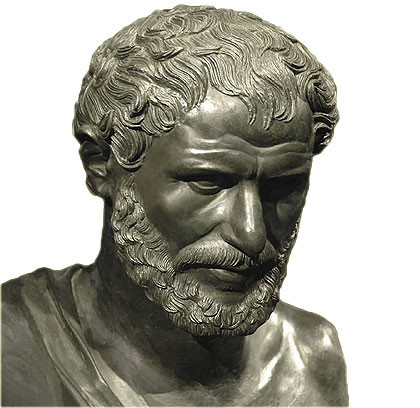ADVERTS

Heraclitus and his trajectory
Heraclitus was born in 550 BC. C, in present-day Türkiye, which at that time was known as Ephesus. The philosopher's personal life is still mysterious. Unfortunately, it turned out to be more by interpretation than by logical analysis that Heraclitus's personal experiences were linked to his theories.
Heraclitus was from the monarchy of Ephesus, a part of the land dominated by Athens and which was established in Asia. He did not become king, as his brother was successor.
Who was Heraclitus of Ephesus?
Heraclitus had thoughts contrary to democracy, a growing ideology in Ephesus. He was also arrogant towards the poor. Heraclitus denied participating in the constitution of Ephesus.
Heraclitus developed his theories independently, as he was little or not influenced by traditional schools or chronological thoughts in philosophy. In this way, he was considered innovative.
Provocatively, Heraclitus called Pythagoras false and the epic poets ridiculous, in addition to criticizing the ideology of the time. His main work is called “About Nature”, texts divided into 100 parts, which highlight the mysterious air imprinted by his style. As a result of this characteristic, Heraclitus was called obscure.
His importance in the history of philosophy is relevant, being considered one of the great names of the period before Socrates. His concepts dealt with the problem of human beings lacking the skills to deal with worldly adversities and doubts.
As he was ridiculed by the masses, his manuscripts were left in Artemis, for later and segregated access. He died in 480 BC. W.
ADVERTS
